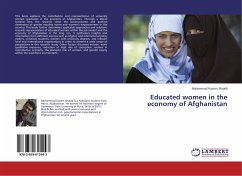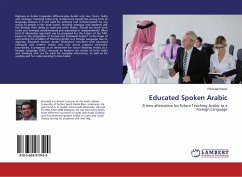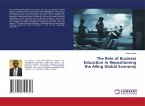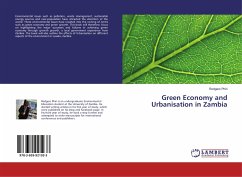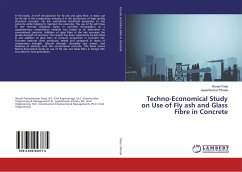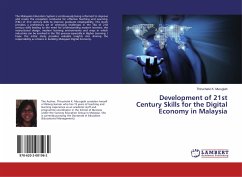This book explores the contribution and representation of university women graduates in the economy of Afghanistan. Through a liberal feminist lens, the research views the socioeconomic and political dimensions of gender equality norms and women's empowerment in the country. This book further determines applicable approaches and solutions towards representation of educated women within the job market and the economy of Afghanistan in the long run. It synthesizes insights and information from different sources such as Afghan and international policy makers, university students, women with university degrees, and relevant local and international organizations in order to present a wide range of perspectives in this research study. Other factors discussed include: work qualitative measures, reduction of high rate of corruption, women in reproductive economy, the domestic role of women, and gender equity within the workforce environment.
Bitte wählen Sie Ihr Anliegen aus.
Rechnungen
Retourenschein anfordern
Bestellstatus
Storno

